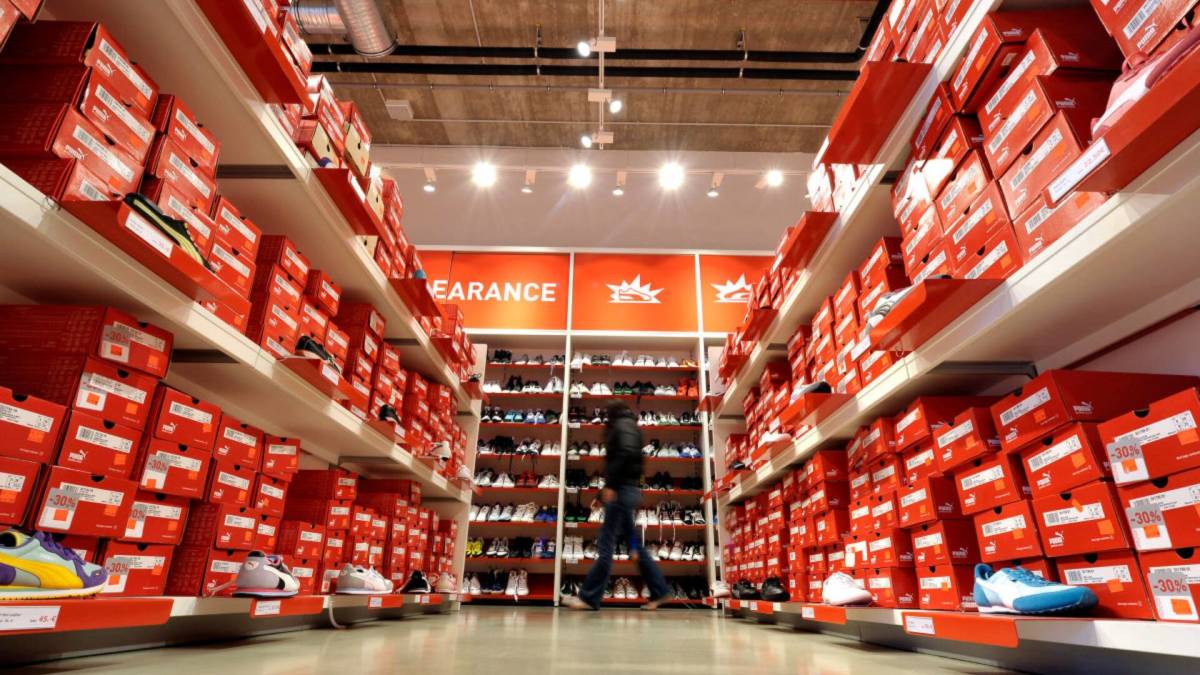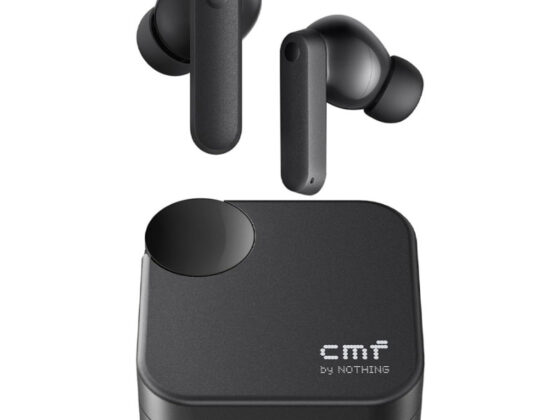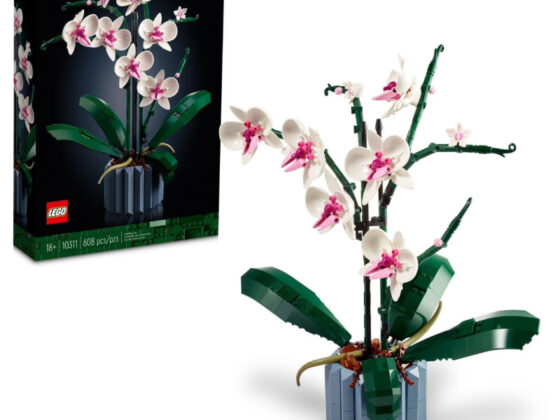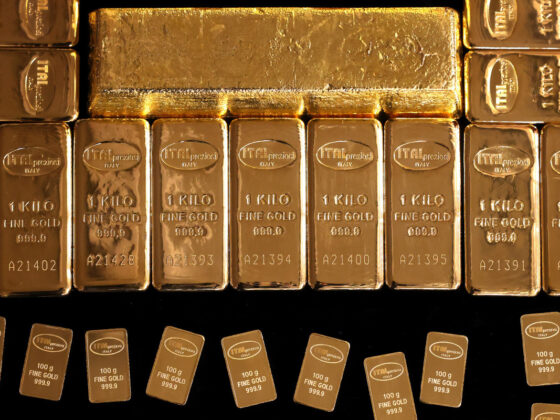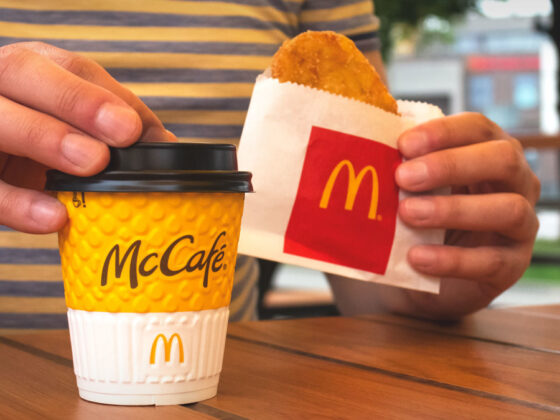In a surprising turn of events, Puma's shares surged over 22% on August 25, despite a year of poor performance and economic headwinds.
However, there's a reason behind this unexpected change in the company's fortunes.
It was revealed that the Pinault family's holding company Artémis, which owns a 29% stake in Puma, is exploring a potential brand sale, as reported in Bloomberg.
💵💰 Don't miss the move: Subscribe to TheStreet's free daily newsletter 💵💰
Artémis has allegedly contacted potential buyers, including Anta Sports Products and Li Ning Co., other U.S.-based sportswear companies, and sovereign wealth funds in the Middle East, per the report.
Related: Gap flags new trend that's a big threat to activewear brands' future
While no deal has been confirmed, and both Artémis and potential buyers have yet to comment publicly, the market appears to have reacted positively to the possible change in ownership.
Founded in 1992 by François Pinault, Artémis is a global leader in the luxury space. Its portfolio includes renowned brands such as Puma, Kering, Courrèges, and Giambattista Valli.
Puma lowers its 2025 forecast amid tariff pressures and sales declines
Puma (PUMSY) has suffered several worrisome setbacks over the last few years, with ongoing sales declines, shifting consumer behavior, and elevated inventory levels. In 2025, its struggles have only grown due to the newly implemented U.S. tariffs.
In the second quarter of 2025, Puma's global sales dropped 2% year over year, with declines across all markets.
The disappointing results led Puma to lower its full-year forecast and the company is now expecting a low-double-digit decline in sales. The company cited U.S. tariffs, misaligned inventories, softening demand, and ongoing geopolitical and macroeconomic volatility as the main drivers.
More Retail News:
- PMI expands smoke-free cigarette alternative in US amid tariff threats
- Struggling mall retailer makes massive change to how it sells clothes
- Claire's gets a bankruptcy lifeline, stops store closures
Puma's U.S. market accounts for about 20% of its global sales, with most of its imports coming from China, Vietnam, Cambodia, and Indonesia. The newly imposed tariffs on goods from these countries are expected to cost Puma approximately $93 million (€80 million) in gross profit this year alone.
Adding to its pressures, Puma's stock has plummeted more than 51% year to date, bringing its market value to nearly $3.2 billion.
The global retail slump hits Artémis' brand portfolio
Puma isn't the only declining brand in Artémis' portfolio. Kering (PPRUY) is also facing financial troubles.
In the second quarter of 2025, Kering's total revenue fell 18% year over year, or down 15% on a comparable basis.
The revenue slump for both brands is tied to the broader retail slowdown, particularly in the luxury segment. Economic uncertainty and inflation have raised prices, softening consumer demand worldwide. The downturn is especially evident in the Chinese region, which used to be the top luxury consumer.
Related: Why your favorite retail store is going out of business
According to the 2025 State of Fashion Report by McKinsey & Company, the luxury sector is expected to generate less value than the previous year for the first time since 2016, excluding 2020 during the COVID-19 pandemic.
Global growth rate of the luxury industry is predicted to be between 1% and 3% through 2027, signaling that the industry won't fully recover until at least two years from now.
Given the current circumstances, Artémis' reported interest in selling Puma could be a strategic move to balance its portfolio and refocus on stronger brands. While Puma plans to get back on track by optimizing its supply chain, adjusting pricing, and working closely with retail partners, it remains to be seen whether its efforts will be enough to stabilize the brand.
Related: Veteran fund manager unveils eye-popping S&P 500 forecast

